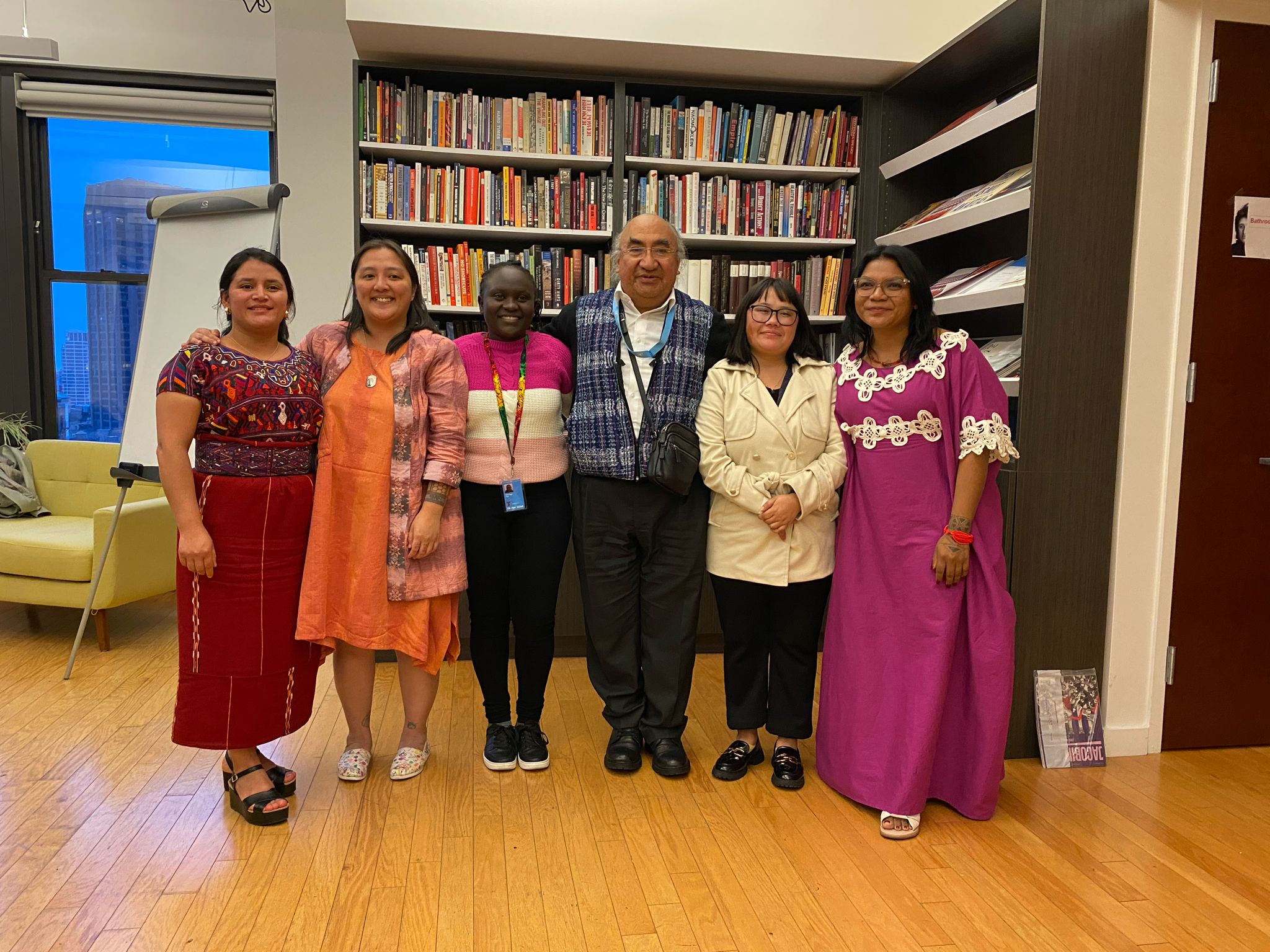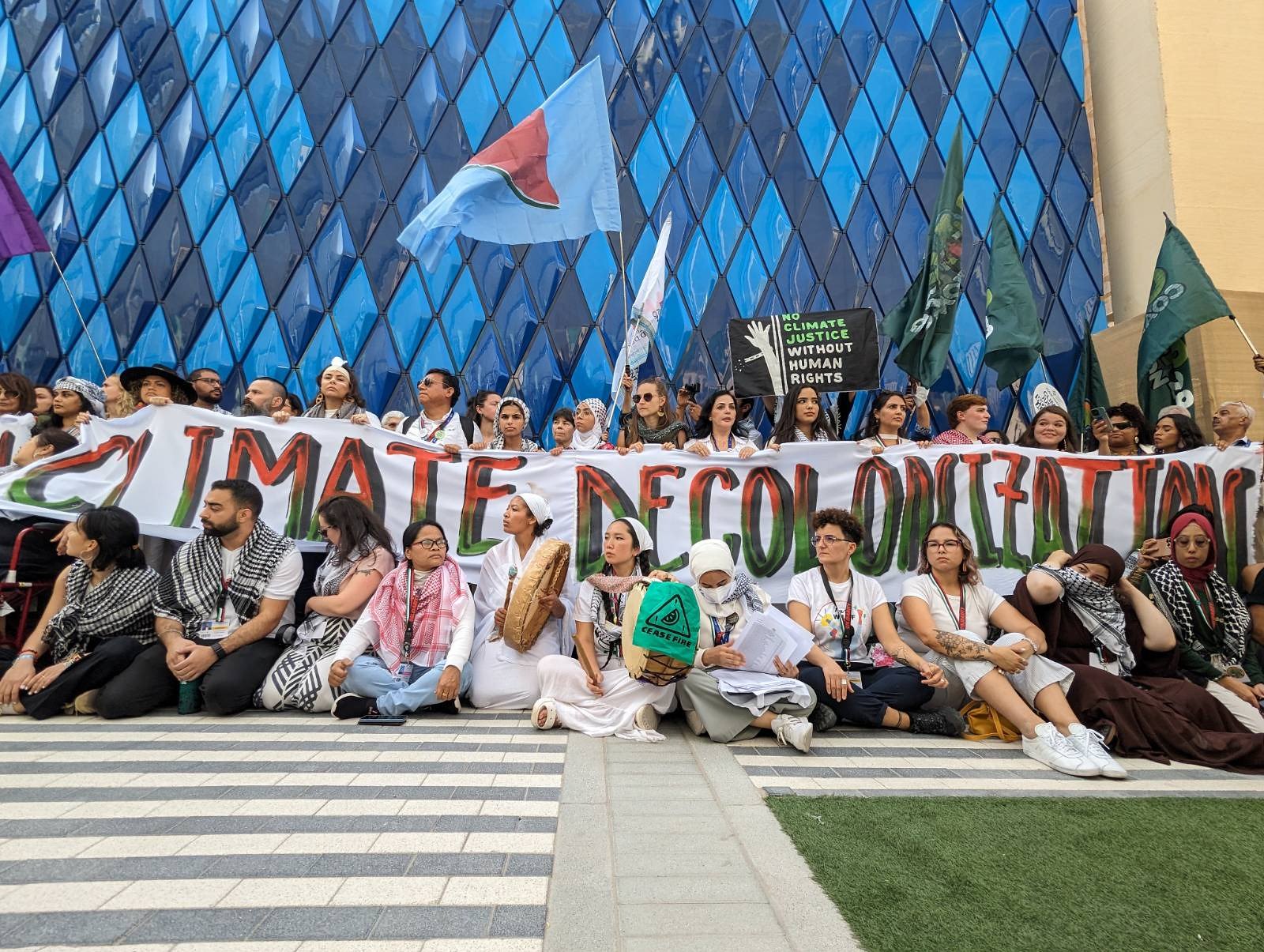China’s Unique Position in the Global World Order
For more than three decades, China’s remarkable economic boom has been reshaping the world. Despite a recent slowdown, this transformation continues to fascinate, and observers have offered numerous interpretations of what it means for China, its neighbors, and the world. Does China offer an alternative model of growth or just a new face for neoliberalism? Do China and the BRICS (Brazil, Russia, India, China, and South Africa) threaten the current world order, or are they willing and active participants in it? What impact do China’s activities have in Southeast Asia and elsewhere in the global South? How can we expect the policies and global position of China to change in the near future, and what alternative paths are available to China?
At the Rosa Luxemburg Stiftung’s New York Office, we have been grappling with how China and the other large emerging economies of the global South are reshaping the world and changing the global balance of power. Vijay Prashad’s RLS–NYC study on “Neoliberalism with Southern Characteristics: The Rise of the BRICS” argues that the BRICS initiative reflects a long-held dream of the global South to wield real political power at the global level, even if the BRICS have so far bolstered the status quo rather than challenging it. In his 2015 presentation at our office, Walden Bello acknowledged the exploitative practices of the BRICS at home and abroad but saw them, potentially, as direct challengers to neoliberal institutions and ideology—if they can overcome their deep internal contradictions.
Ho-fung Hung, East Asia expert and associate professor at Johns Hopkins University, wades into this sharply contested terrain to argue that China’s impressive economic gains stem from its integration into the global economic order. While China is by no means a challenger to this order, it has reshaped geographies of trade and made the economic system more fragmented. China’s rise is both rooted in the legacies of Maoist developmental policies and its proximity to the export-driven East Asian tiger economies. However, China’s impact on the global South cannot be characterized in simple terms. It has been uneven, shaped on the ground by local circumstances and institutions.
In order to change the world, we need to understand it. This article offers a nuanced and clear-eyed understanding of how China has emerged as a major player in global politics. What comes next for this economic powerhouse will shape the lives of its more than 1.3 billion citizens—and the rest of the world as well.



